With the news that Square Enix is releasing a Final Fantasy VII remake for PS4, speculation’s been running rampant among fans of the beloved RPG. The hype surrounding the remake is massive, for good reason. Final Fantasy VII was both a commercial and critical success when released in 1997. At the time the game’s graphics – particularly those in cutscenes – were groundbreaking. So were other elements of the game like the combat mechanics, the complex structure of the storyline, and the highly memorable soundtrack. Considering the huge impact the game made not only in the RPG genre but in the gaming world in general, many fans hoped that Square Enix would turn their attention to it again.
Now that they have, those of us who fell in love with the original game are anxiously waiting to see if the Final Fantasy VII remake will deliver. A remake of this scale is unprecedented. Not only that, but consumer expectations and audience demand are a lot different now than they were 18 years ago. With the remake Square Enix needs to win back the legions of fans of the first game but also entice gamers who have never had the opportunity or inclination to play a game that’s almost 20 years old. Trying to bridge the gap between old and new is precisely what has many fans worried that the remake might fall short.
Recapturing Humor and Whimsy
Final Fantasy VII had a kind of charm that was entirely its own. While the storyline dealt mainly with typical RPG matters like global destruction, it also dipped into lighthearted areas as well. A running gag throughout the first part of the game dealt with a date that Aeris managed to coerce out of Cloud. The date itself involved you taking part in a play. During the play you had the opportunity to either stick to the script (boring) or mangle the dialogue (highly entertaining). These little forays into humorous situations didn’t detract from the overall story of the game. Instead they heightened the experience, keeping everything from getting too serious and letting you blow off some steam before you went back to the leveling grind.
Whimsy was a large part of Final Fantasy VII. Take for example the Golden Saucer: The entire area was a giant playground and that was mirrored in its design. The moment you set foot in the Saucer you were greeted with a spectrum of bright colors and what was arguably one of the most upbeat, catchy songs on the game’s soundtrack (rivaled only by that of “Electric de Chocobo”.) Considering that you were on a mission to stop Sephiroth from annihilating the Planet just so he could become a god, the Golden Saucer could have felt like a gaudy, unnecessary tangent if it hadn’t been implemented right.

The Golden Saucer
Final Fantasy VII wasn’t a huge success simply because of its unprecedented graphics or epic storyline. It was a success because it managed to combine so many different elements into one functional, enjoyable package. The game took you from the silly cross-dressing scene at Don Corneo’s mansion to the grim scene at Nibelheim where Sephiroth slaughtered the entire town and then burned it to the ground. Experiencing these highs and lows didn’t put you off the game. If anything, it drew you in even more.
Whimsy and humor are still present in a lot of modern RPGs. Some pull it off better than others. In the Final Fantasy VII shared universe, however, none of the games captured those aspects as well as the original did. The humor in Dirge of Cerberus took on a darker twist. The humor used in Advent Children was on the verge of being slapstick and fell flat compared to the grim tone of the movie’s overall story. This is one of the reasons some fans are concerned about the remake: In modernizing the original game, did the developers work on keeping the game’s silliness and its funny moments intact? Or was a lot of that scrapped in favor of delivering a grittier take like we saw with Dirge of Cerberus and Advent Children?
Character Development
Final Fantasy VII wasn’t perfect. One of its main flaws was that character development was slim to non-existent. You did get to see Cloud change and evolve and see his relationships with the others do the same. Compare that to character growth you’ve seen in modern RPGs like Mass Effect or Dragon Age, however, and you’ll see the problem. While the stunted character development in the game wasn’t something a lot of gamers focused on then, it is something Square Enix is focusing on now. In a recent issue of Famitsu, the remake’s director Tetsuya Nomura revealed that the first installment would delve more deeply into the characters of Biggs, Wedge, and Jessie. These three characters were largely peripheral in the original game and were only present for a little while. While they didn’t have much to say and Cloud’s interactions with them were minimal, it was still sad when they were killed trying to stop Shinra from blowing up the Sector 7 pillar. Their deaths cemented Cloud’s resolve to fight back. This in turn kept the story moving steadily forward.
In RPGs it’s important that the player feels a connection to the people he or she meets along the way, but sometimes too much character development can bog the story down. Consider the impressive cast of characters the original Final Fantasy VII offered: There are nine playable characters total and a whole lot more who are essential to the plot. Obviously the major focus on character development needs to be on these main characters because they’re the ones that drive the story. By focusing too heavily on tangential characters, Square Enix could deliver content that pulls away from the game’s main story. Instead of being able to forge ahead through the plot, players may get bogged down in uninteresting side stories and quests involving characters with roles that are unnecessarily larger than what they had originally.
The Music and the Mood
The soundtrack for Final Fantasy VII is another aspect that set it apart from other games. The soundtrack received universal acclaim. The tracks were praised for enhancing gameplay through intensity and emotional impact. “Aeris’ Theme” has been performed by orchestras across the world while “One-Winged Angel” has gone on to become one of the most memorable boss songs in video game history.
https://youtu.be/4CK2hx377iU
The soundtrack of Final Fantasy VII was another essential part to the game’s success. The experience wouldn’t have been the same without the signature fight theme or Jenova’s song or the victory fanfare. Everyone’s expecting and hoping the remake will have the same soundtrack. Fans are also hoping, however, that these song don’t lose their heart while undergoing modernization. We still want to feel the urge to dance a little when we hear the Gold Saucer theme or feel anticipation when we hear Jenova’s boss theme. Without those little emotional hooks the game will lose a large part of the impact it used to have.
Nothing to Do But Wait
Ultimately, there’s no telling if the Final Fantasy VII remake will be what fans hope want it to be until it’s released. Bringing such a beloved classic up to modern gaming standards is a monumental task. Most of us are hoping that Square Enix is willing to pay fan service to the scores of people who count Final Fantasy VII as one of the best games they’ve ever played. It’s obvious that certain changes have to be made. Hopefully those changes are focused on taking the core of the original game and transforming it into an enhanced version that’s still true to the source material. The alternative is altering it to add unnecessary elements for the purpose of shock and awe and if that’s the case, the remake will likely fall flat with the fans of the original.



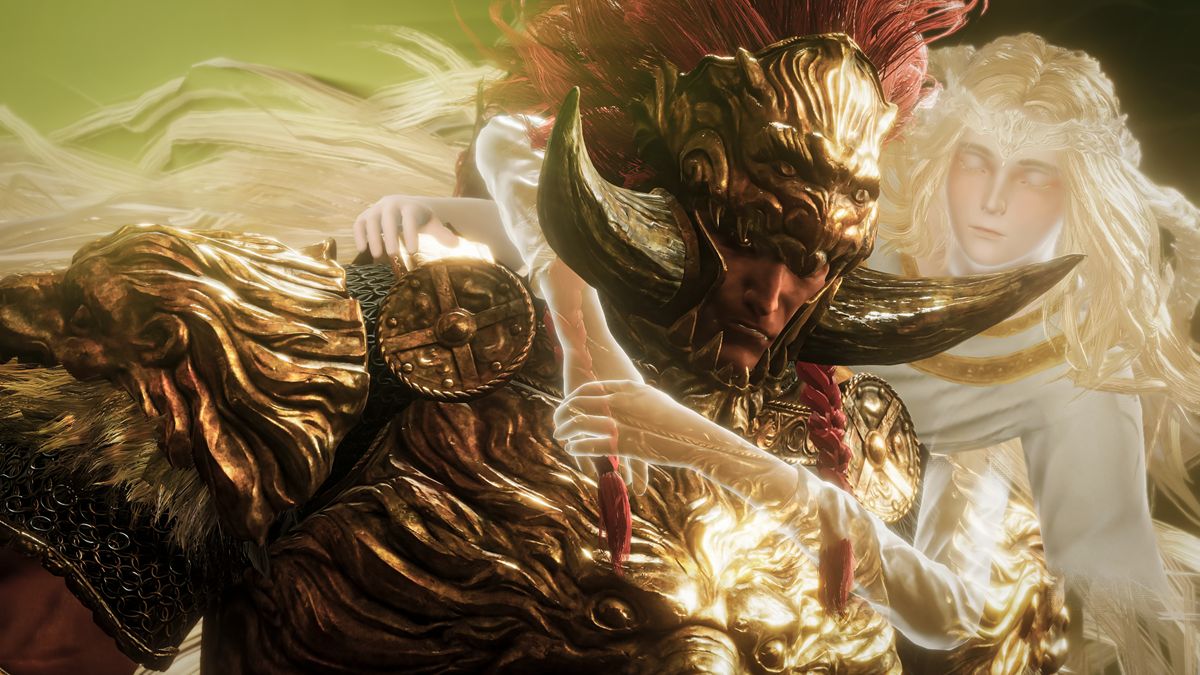
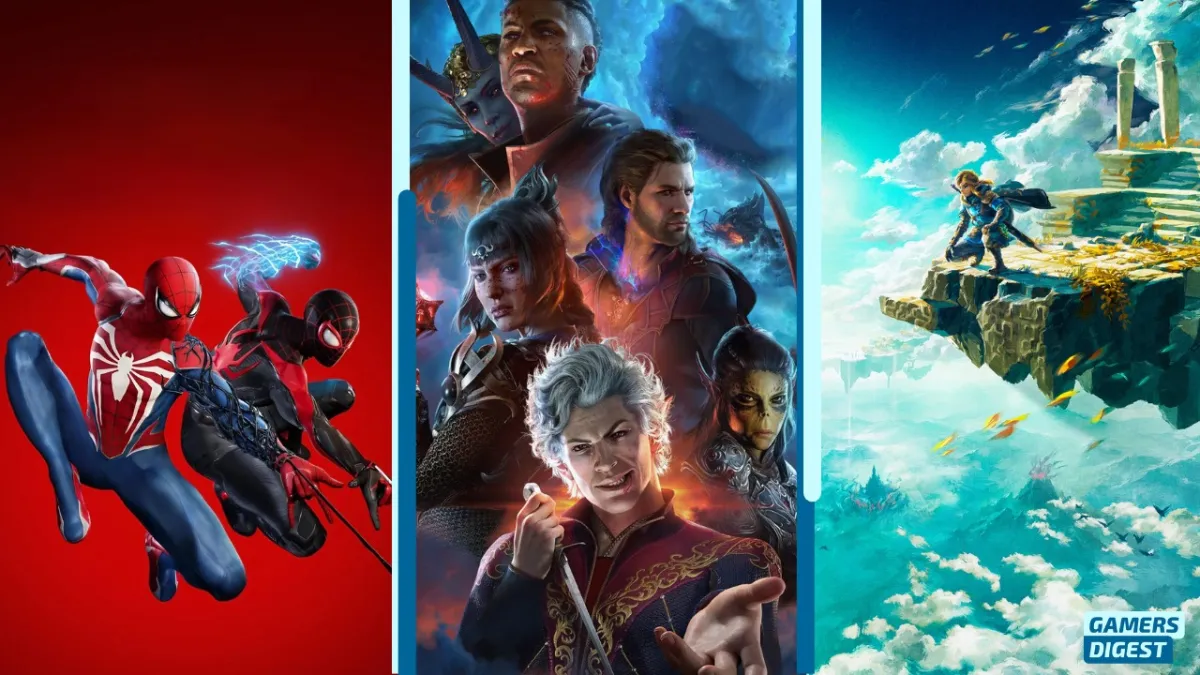
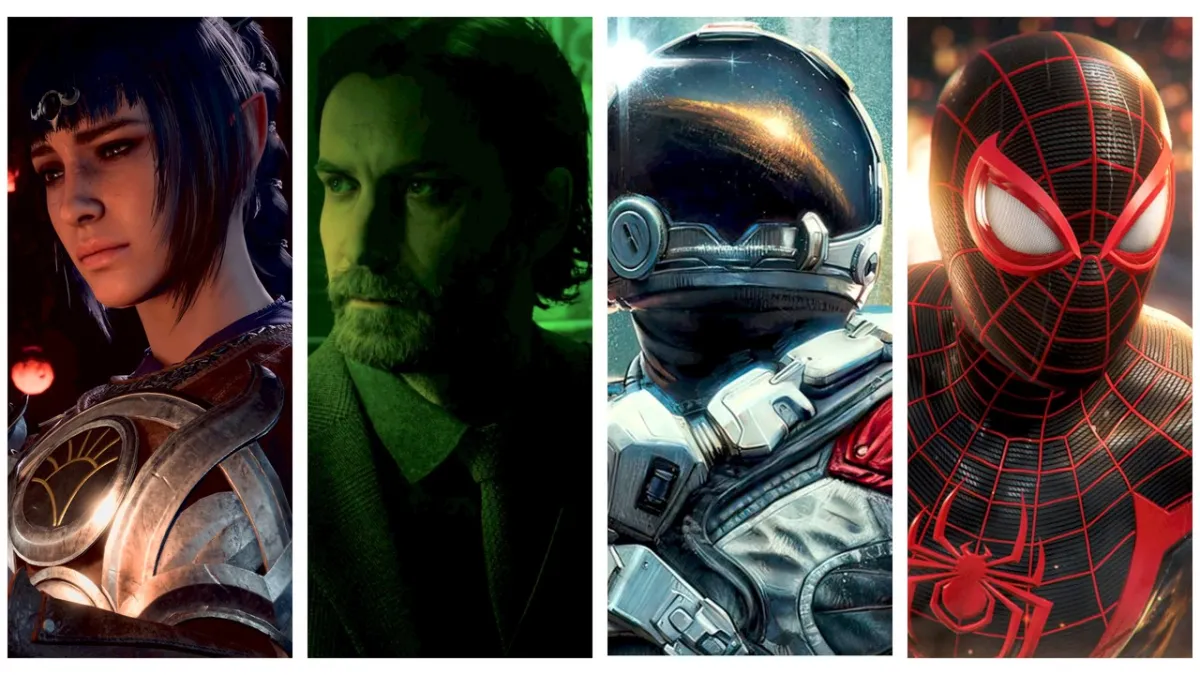
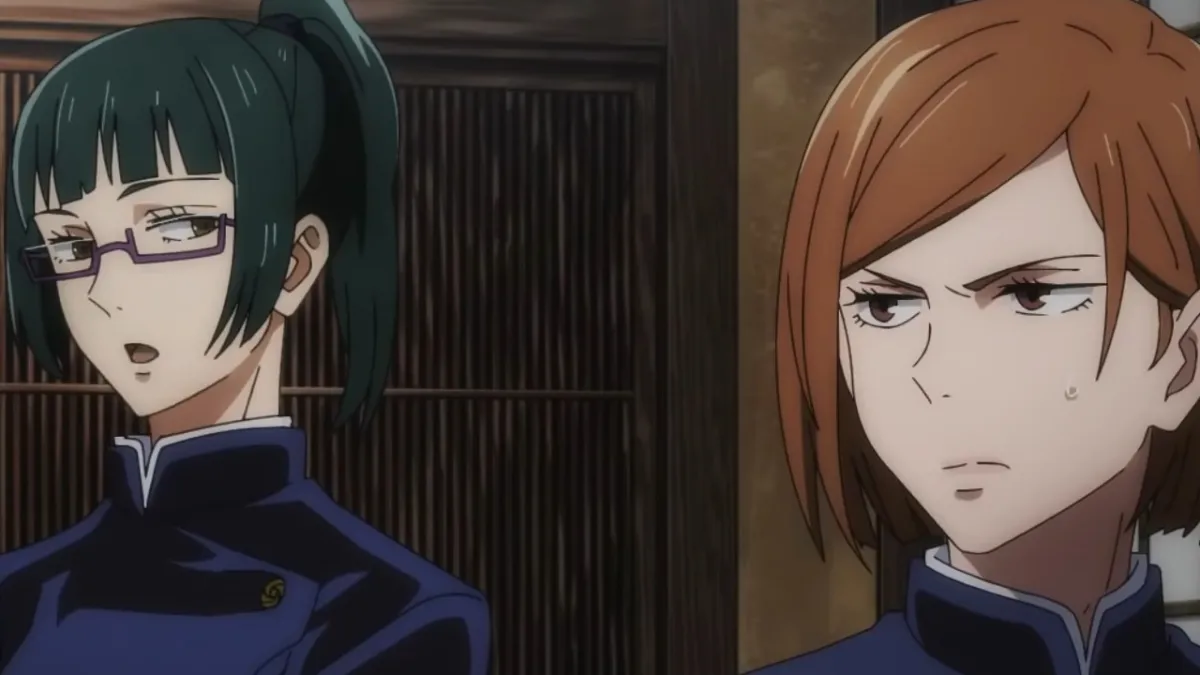
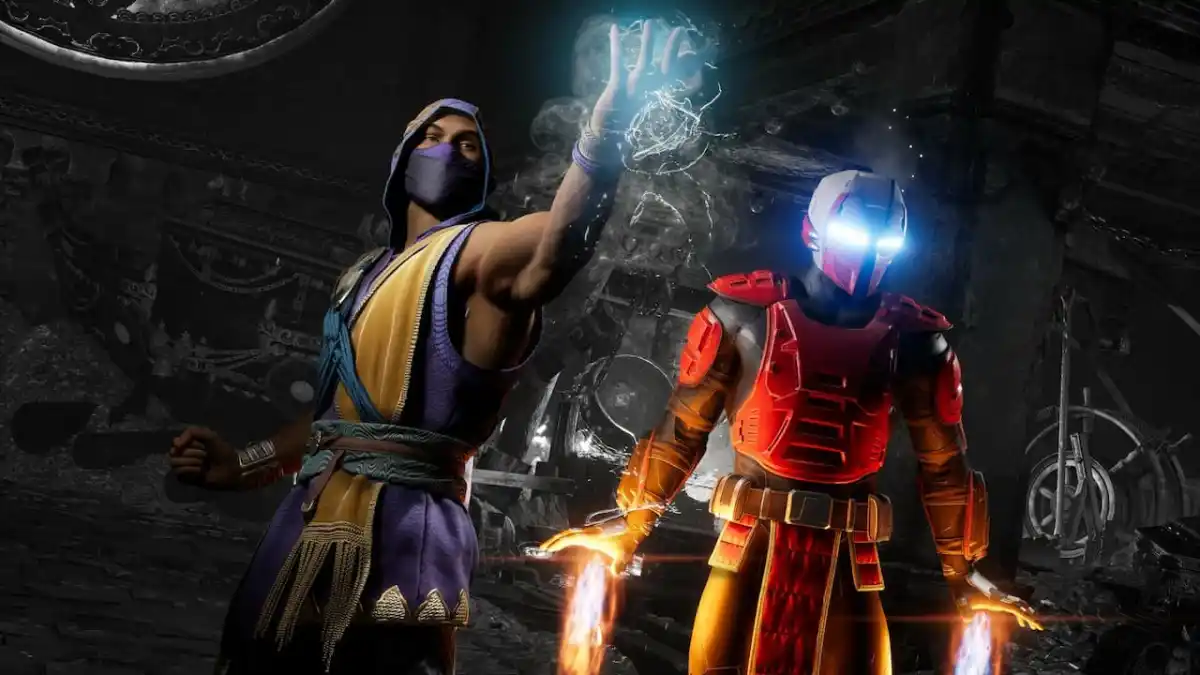
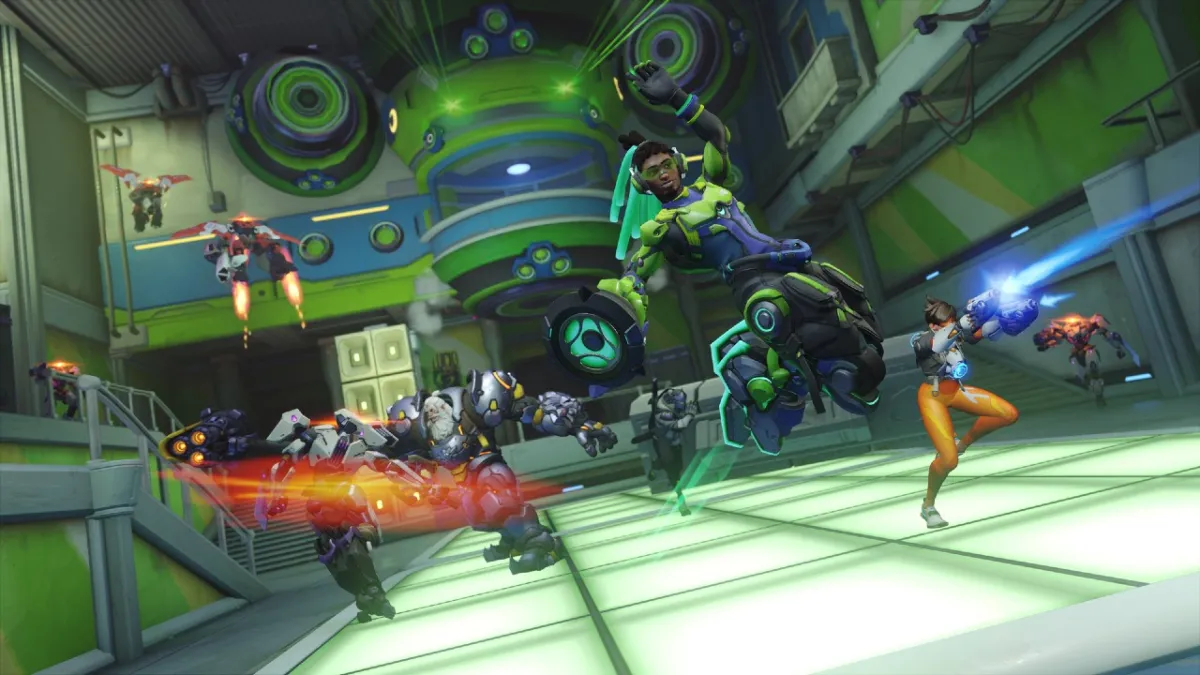

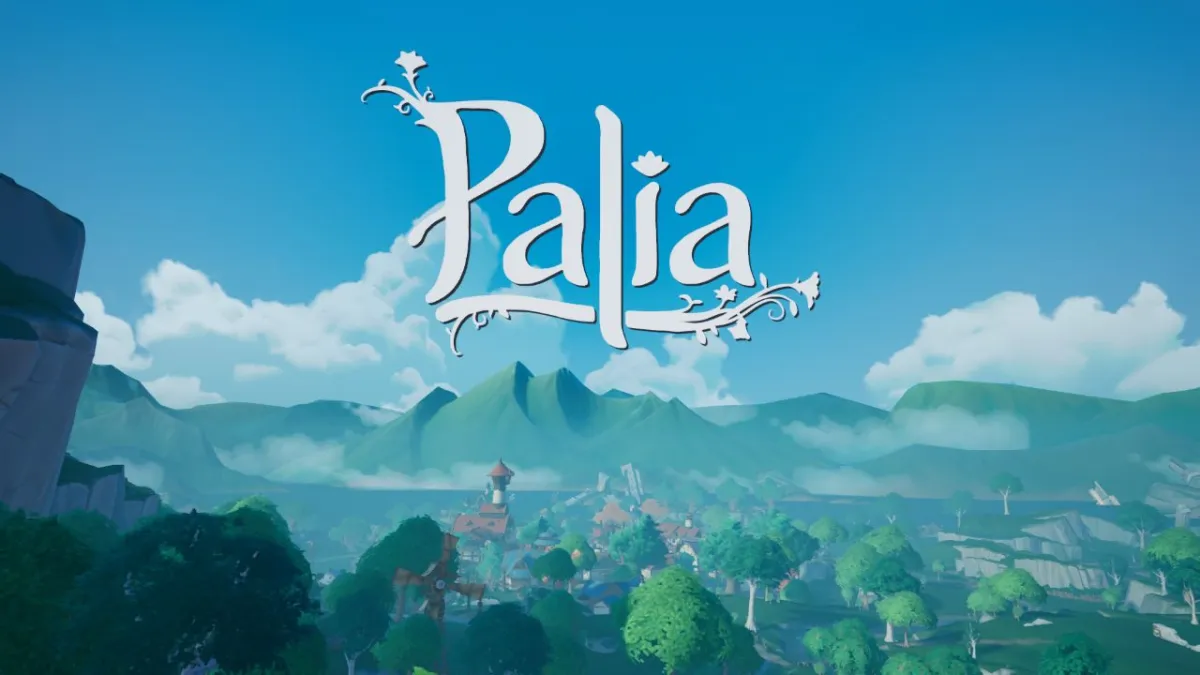
Published: Dec 20, 2015 09:00 am